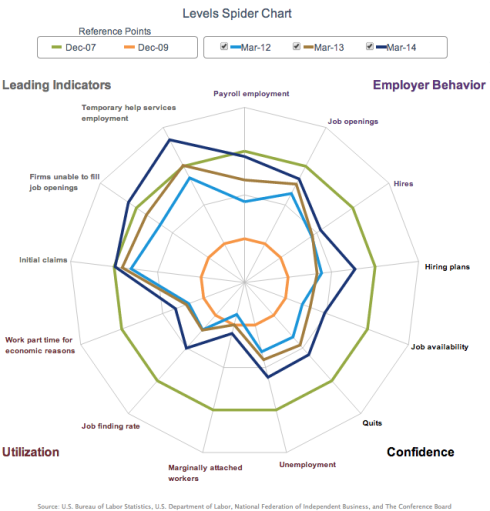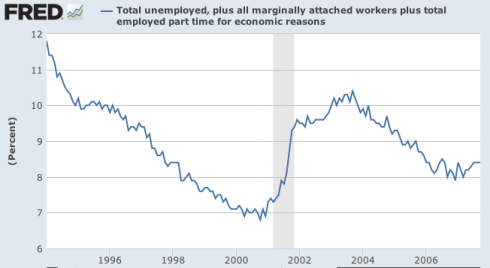An old video for Google’s Glasses:
Broadly speaking there are two variants of meritocracy. What it’s not: i.e. it ain’t inherited wealth. What it is: achievement. We sneer at one and admire the other. The admirable one is, presumably based on skilled application of one’s talents.
One term of art for talents is knowledge capital. I’m not sure how that term came into being. A suspicious soul might think it was a way of distracting those without real capital into focusing on something else. Since yeah, knowledge shares little in common with capital. It’s a public good for heaven’s sake! Largely excludable and non-rival; the opposite of capital. Further, capital is easier to horde, transfer, diversify, steal, measure.
One of the points Piketty likes to highlight is a distinction between in today’s discussion inequality and that seen in the late19th century. Today we have taught the poor that it’s their fault. They lack merit. That’s kind of cruel.
But it hard to believe that 19th century observers didn’t enjoy “blaming the victim.” One insta-theory I’ve come up with is that the observers hadn’t yet sworn allegiance to the new industrialists. Or maybe they had different just-so-stories to explain the plight of the poor.
The fun thing about science is that we demand something of our models. If you say that talent (or knowledge capital) is an important contributor to inequality that’s fine. But if your want to cast that into a scientific theory then you need to say a bit more. You need to predict something that would aid in it’s falsification. Piketty provides a hint at that. If since the 19th century knowledge in the hands of highly skilled and educated labor has become more valuable one might expect that the share of total GDP captured by talented labor would increase. You can measure that. He has. It hasn’t. The share of capital v.s. labor has remained stubbornly constant over the 20th century.
This is not to say that knowledge is unimportant. But, I recall a little story Warren Buffet is said to have told about how his executives would come and pitch the advantages of some wonderful new machine. It would lower costs! It will raise profits! I need capital to bring it on board. Look at this great spreadsheet, what an awesome investment this is! An then by the time it had come on-line the competitors would all have something similar. Sadly the return on investment was then lame.
The rising tide of knowledge lifts the economy. The resulting name can be deadly or delightful for individual players. But the discovery that the talent’s share of GDP v.s. that of capital has remained constant means it does not help the poor. Or to put it another way it doesn’t change the shape of the inequality curve.
If your going to explain wealth and income inequality your gonna need another story.
So, back to that video. It would be fun to have a little museum of magical knowledge transfer devices. I recall, as a child, that you could buy a little speaker to slip under your pillow and by recording stuff you could magically learn stuff. Hypnosis has always promised to provide this, and these days we have MOOCs. That video shows a cartoon machine from the 1960s the “Brain Impulse Galvanoscope Record & Transfer”, or BIG RAT. Did I mention rat race? I’m greatly amused at the idea that these machines are technical efforts to create exchanges for knowledge like those for money. I don’t think it comes as any surprise that Google is attempting to be that middleman.


